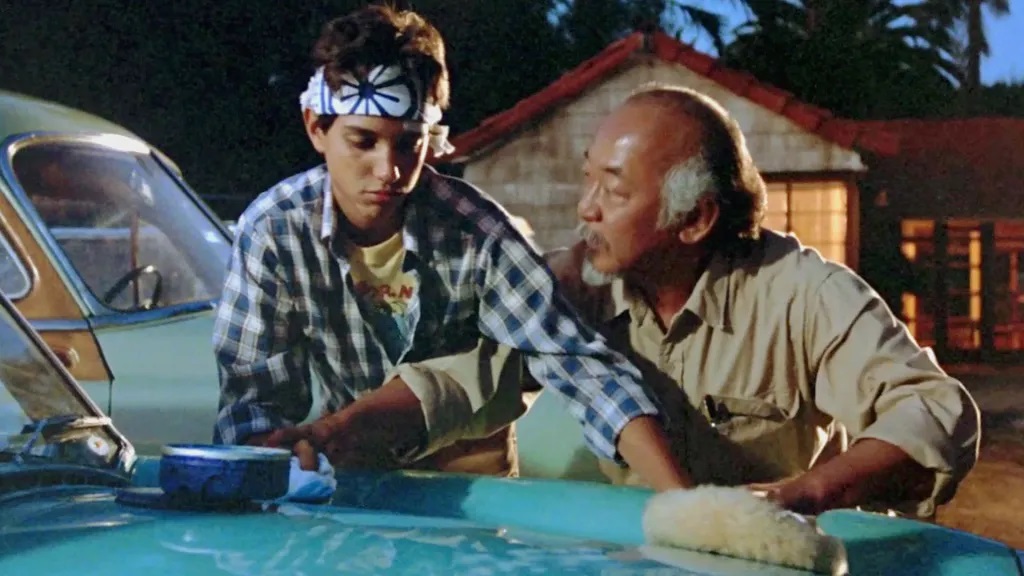Greater Lessons
By Anthony Casperson
10-22-22
“Wax on. Wax off.”
Many among us probably already know the direction I’m going to take this blog just from that above quote. Even though 1984’s The Karate Kid didn’t start the trope of a teacher providing greater lessons while the student becomes exasperated at seemingly unnecessary exercises, it did bring the concept into the broader cultural understanding.
This trope often shows a person who feels unable to stand up against some greater opponent. Powerless, they struggle until they discover someone who can help them with the situation. It appears that they’ve found the answer. But then as the lessons start, it seems that the teacher knows nothing about how to help the student because it’s all a bunch of busywork and “needless” repetition.
However, what the teacher is most often trying to train into the student is discipline. Especially the discipline of when to use the lessons in their day-to-day life.
What the student thinks they need to learn is one specific thing, like how to fight. But what they need to learn—and the teacher provides—is far greater than that lesson, like knowing when to use better options than those fighting skills.
This trope came to mind when I was listening to words from C.S. Lewis’s Mere Christianity. Particularly, when he spoke of the idea behind Jesus’ preaching, found in Matt. 5:48. The biblical text itself commands we followers of Jesus to be perfect as our heavenly Father is perfect.
Lewis spoke to this calling of perfection by making sure we understood that Jesus wasn’t telling us to be perfect before he would help with us. Rather, the point of Jesus’ words was that the only help he would offer us is to lead us toward perfection.
Though we might want certain lessons from Jesus—like how to better curb our anger, or be a better person in general—what Jesus offers us are greater lessons. Teachings that might seem unnecessary or just boring busywork that keeps us from having “fun,” but actually is more foundational to what it is we desire. The lessons that build us into our wanted endpoint more than a direct explanation of the instruction ever could.
Because the greater lessons lead us to God’s standard of perfection, not just “close enough.”
And the problem is that we often want this close enough standard because we only see the problem directly in front of us instead of the image of God that he sees when he looks at us. We think that being better is enough, when what he calls us to is the best.
Let’s come to realize that God has greater lessons for us than the help we think we need. And not settle for “close enough.” We are called to holy perfection. And there are many lessons between where God meets us and where he wants to help us reach.




